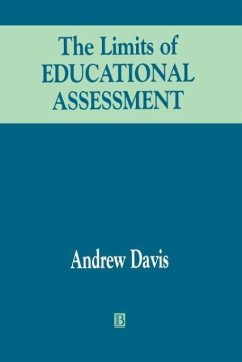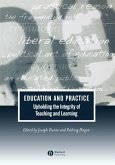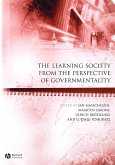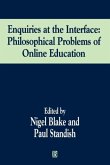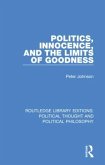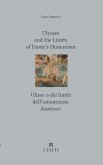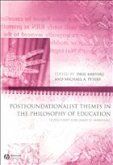Education is increasingly expected to support the flourishing of competitive industrial economies. It is held to account by means of assessment in an attempt to ensure that it delivers the goods. This book argues that assessment cannot in principle detect much of the real learning required in this scenario. In the course of the argument, detailed explorations are made of the kind of knowledge which a modern State would be likely to favor in the way of literacy and numeracy. The book shows that substantial proportions of this knowledge turn out to be mythological. In addition there are principled obstacles to attempts to match teaching closely to pupil attainment, and to report on attainment using officially approved standard terminology. Because of this, the author argues, schools should be freed from assessment straitjackets, and encouraged instead to develop in their pupils attitudes and motivation appropriate to a civilized, reflective democracy.

